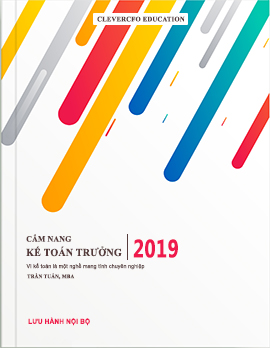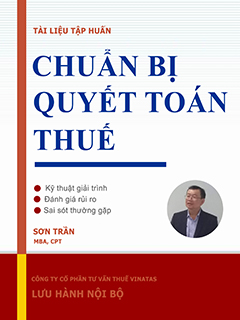Are you looking for effective interview questions to ask accounting and finance job applicants? We've covered the interview process for hiring managers, such as how to ask the right questions to address a resume gap, how to assess an applicant’s soft skills and how to evaluate financial analyst expertise. We've also given interview tips to help you get the most out of your time with candidates.
It’s also important to have a strategy for hiring accounting and finance employees, and Robert Half offers many free resources, from our Salary Guide to The People Puzzle: Building and Retaining a Talented Accounting and Finance Team to guide you through the hiring process.
Before you know it, you'll have a stack of resumes for top accounting and finance talent you want to pursue, and you're going to want to assess the candidates' knowledge with questions that can be tailored to the varying skill levels and job types.
Here are 10 interview questions to ask:
1. What is the difference between accounts receivable (AR) and accounts payable (AP)?
This is one of many elementary interview questions that you can use to find out more about the general accounting knowledge of entry-level job candidates for bookkeeping or accounting clerk openings. Verbal and non-verbal responses will reveal whether the applicant understands accounting fundamentals.
2. When a company is using double-entry accounting, what elements of a given ledger must be equal?
This is another fairly basic inquiry. Candidates with some accounting training or experience should have no trouble answering it. As with question one, how the applicant replies may show you he or she is under- or overqualified for a junior-level position.
Don't want to miss our hot-off-the-press career insights? Subscribe to theRobert Half Finance & Accounting blog.
3. If a company has three bank accounts for processing payments, what is the minimum number of ledgers it needs?
Use this as a starting point to explore a candidate’s knowledge of ledgers. Observe the candidate’s initial reaction and use it as a leaping off point for further discussion of skills related to the opening you are trying to fill. Expect the response to reveal the extent to which the candidate has thought through how accounts relate to lines of business and generally accepted accounting principles.
4. What are two or three types of special journals?
While still a fairly basic question, you may tailor your follow-up queries according to the specifics of your business or to the candidate’s work history. Or, as a skill test, you could present a few journal samples and ask the applicant to explain them. The way the applicant responds will show the skill level in identifying mistakes or omissions.
5. What methods have you used for estimating bad debt?
This question can open a conversation about the ways the applicant has approached this routine process with previous employers. This line of inquiry allows recent grads to apply theoretical knowledge in venturing educated guesses. The applicant’s answer will reveal the level of understanding of the methods most commonly used and could open a dialogue about how your company handles this.
6. Why is it easier for someone to perpetrate fraud using a journal entry than with a ledger?
Accounting professionals, particularly those who have managed ledgers or worked as full-charge bookkeepers for more than a couple of years, should be able to speculate on this scenario. A candidate with more formal training specific to auditing or fraud analysis will likely explain this thoroughly and be able to provide examples.
7. Which enterprise resource planning (ERP) systems have you used?
Most professionals, especially those with experience working for medium to large organizations, should have an answer for this. A response might include any of the following: Hyperion, Microsoft Dynamics GP or Oracle Enterprise Manager.For entry-level candidates, you might turn this into a discussion of finance certifications and future training possibilities. For example, ask which ERP systems they would like to master. Discussion of these tools, how the applicant learned them and what applications your company uses will reveal how much, if any, training the applicant might need if hired.
8. What is your experience with developing business metrics?
Though somewhat general, this interview question can elicit answers useful in evaluating entry-level business or financial analyst candidates all the way up to mid-career professionals who aspire to roles that come with budget and staff oversight responsibilities.
9. If a private company with break-even operations received a $10 million investment, how would you develop a strategy to spend or invest that money?
This falls into the category of situational interview techniques, a tactic useful in gauging an applicant’s ability to think through a scenario like one that might be faced in a more senior finance role. The applicant’s response will show you if the approach is in alignment with that of your existing team, which will also indicate if this candidate is a good fit for your organization’s culture.
10. What challenges have you faced in leading a team through an analysis project?
We’ve left this last question, designed for probing leadership skills, somewhat general. It is another interview question you can modify to better explore the particularities of your opening or a candidate’s background. As with question nine, the applicant’s reply will reveal the level of critical thinking skills and elicit a better picture of his or her leadership techniques.
Source: www.roberthalf.com









